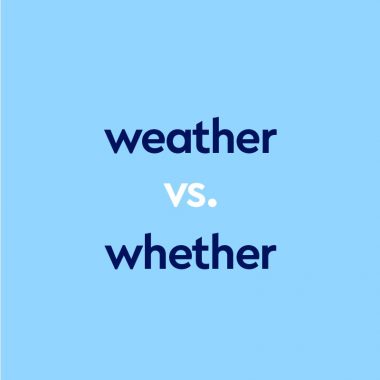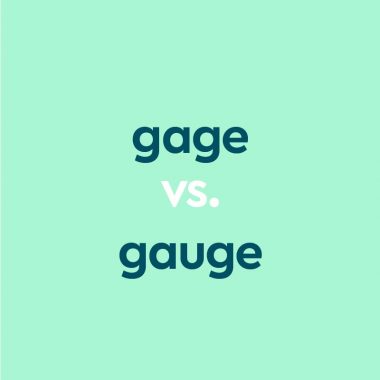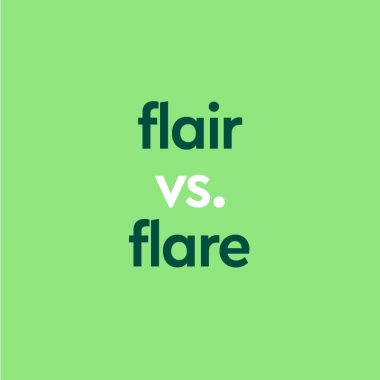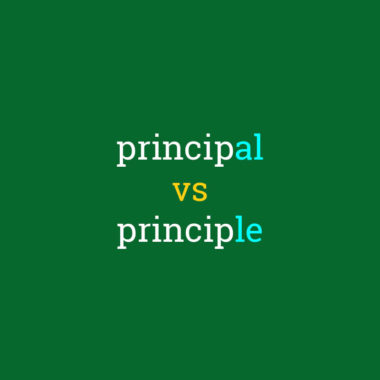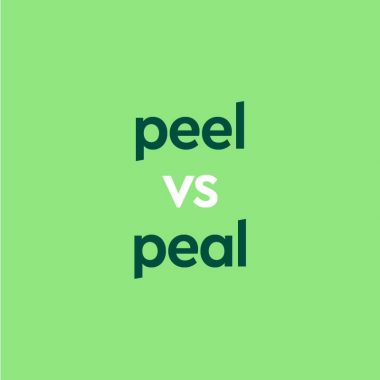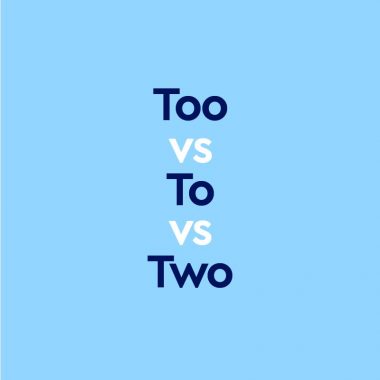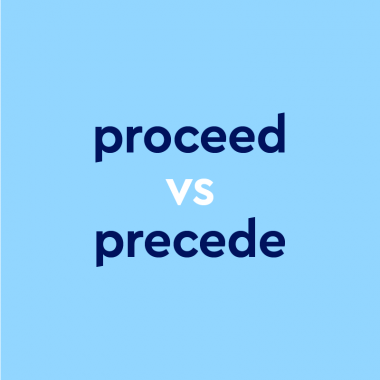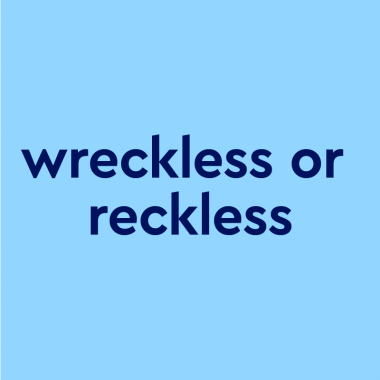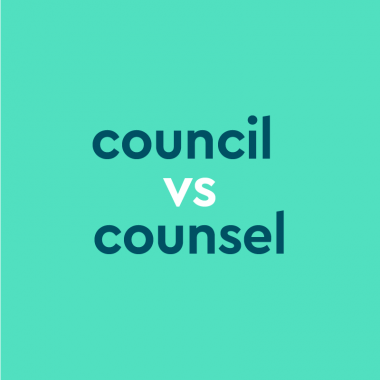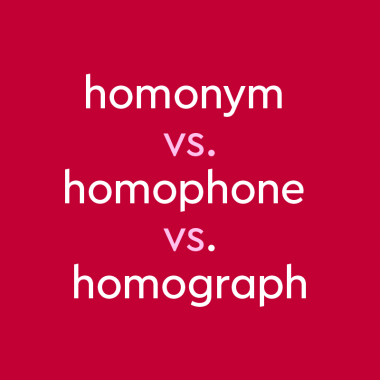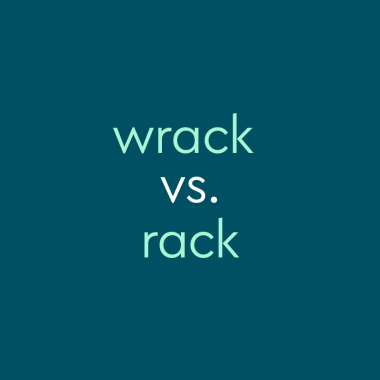Weather vs. Whether: What’s The Difference?
We’ll weather the weather, whatever the weather, whether we like it or not! This nursery rhyme demonstrates some of the different ways that weather and whether can be used. But what do these words really mean? In this article, we’ll define the difference between weather and whether and provide tips to help you always remember which one is which. Weather and whether are homophones—their pronunciation …
